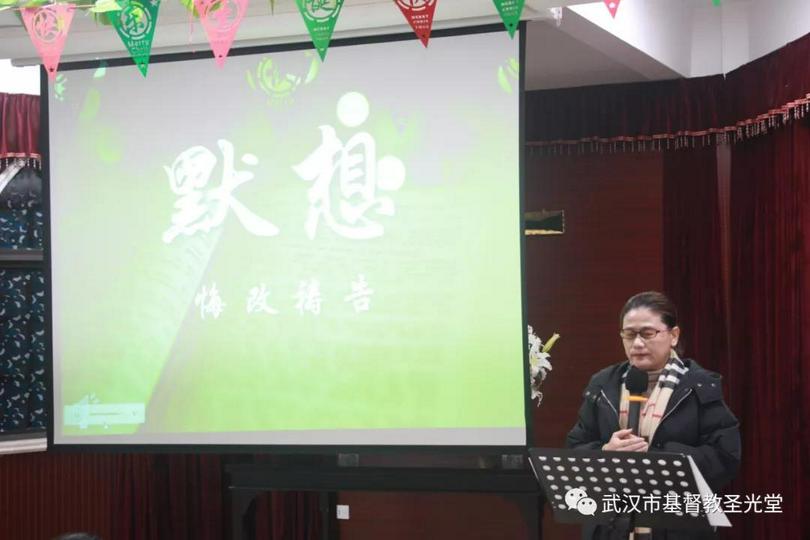In just a few days, the Wuhan pneumonia epidemic has "quietly" evolved into "popular panic".
January 26th was the first Sunday service since its nationwide spread. Sunday worship in churches around the country has also been severely affected.
On January 20th, with the academician Zhong Nanshan's personal admission that there are "human transmission cases" and "infected medical staff", many provinces and cities quickly adopted preventive measures, and various annual meetings, temple fairs and other large-scale Spring Festival activities have been cancelled, including religious groups; for example, a number of churches across China such as the Beijing Haidian Church and the Hangzhou Chongyi Church, have cancelled their well scheduled Chinese New Year celebrations.
On the 24th of January, the Shanghai Municipal People's Religion Bureau issued the following notice: "According to the latest demand for the prevention and control of the new type of pneumonia infection, in order to avoid cross-infection caused by large gatherings in public, to do a good job in epidemic prevention and control and effectively protect physical health, the various religious groups in Shanghai had decided from 12 noon on January 24 (New Year's Eve) to seize opening to the public and to stop collective religious activities (including the New Year's prayer activities at temples and other related places); activities at public religious places will not resume until further notice."
With this notice, Jiangxi Province, Shanghai, Zhejiang Longgang CCC&TSPM, as well as Cangnan County and other places' CCC&TSPM have also issued emergency notices to immediately suspend large gatherings.
Regarding the suspension of gatherings because of the epidemic, there were comments from a pastor that outbreaks of infectious diseases also occurred in ancient times, and that back then, churches never stopped gathering during the plague and smallpox epidemic, quoting Hebrews 10:25 "You shall not stop going to your church...", to show their disagreement to the decision. He agreed that while people need to do their part, the churches are to deal with problems wisely. For example, show love for brethren by wearing 3M-manufactured masks if necessary or strengthening hygiene and disinfection in the venue, instead of carrying out Sunday worship in isolation at believers' various homes.///
There were also pastors who had expressed different views on this idea. Pastor Wang believes that it is necessary to first understand the spiritual meaning of "gathering". He stated that "If gathering is our connection to God, then of course we cannot stop gathering. Even if only two or three come together in prayer and reading of the Bible, that is enough to create a connection to God; as such, a gathering cannot be stopped. If a gathering is bound to a specific fixed place, such as a church, while listening to a specific pastor, it then becomes a 'gathering' only in a very narrow sense, which I think should be avoided. Bringing our hearts together with God is more of a gathering than rushing our bodies to a church so as to be with a group of people, read the Lord's Prayer and sing together as a choir. Is that what you call a gathering? Perhaps it's a kind of gathering, but it doesn't completely define it."
On January 25th, a Rev. C, a pastor at a church in Wuhan, announced his church's decision: "Tomorrow (January 26) is Sunday. We encourage family services at home. As long as two or three people gather in the name of God, God is with them. You can also worship God and pray for this epidemic in accordance with the spiritual information provided by the Church. At the same time, if you need pastoral counseling, comfort, and encouragement, please leave us a message or contact any one of the church's co-workers who will be happy to help you."
There are also other churches that are facing the current situation and have chosen to use multiple ways online to share and pray together, with some believers saying such methods comfort and keep them warm them in difficult times.
-Translated by Charlie Li











